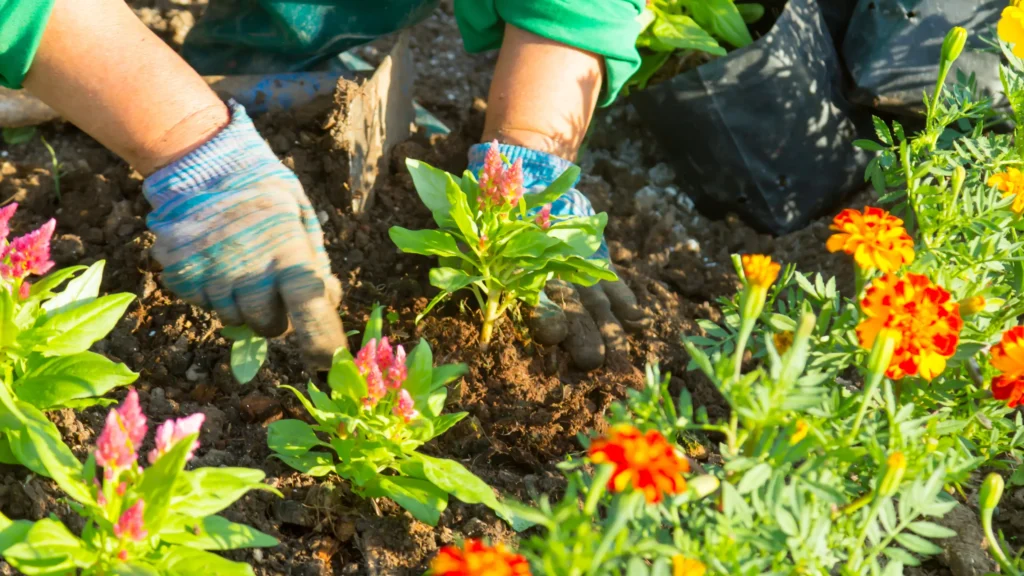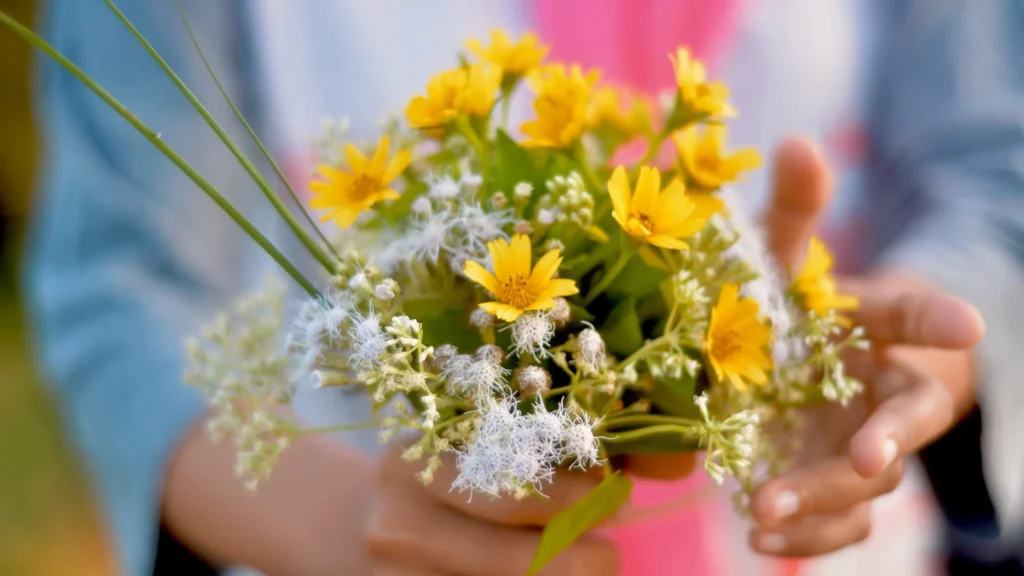On a beautifully sunlit afternoon, as I wandered through a garden and lost myself in the contemplation of its blossoms and trees, I saw it as a perfect reflection of the rich vocabulary of the Arabic language.
In this garden, the most frequently used words are the vibrant, colorful flowers that give the landscape its life. The rarer words, meanwhile, are the wild herbs—less common but vital for the garden’s rich diversity.
However, the true marvel of this garden is the fruitful tree of word roots. From a single root, a multitude of new words can sprout and branch out. This is a fundamental feature of the Arabic language, and mastering these roots will make your vocabulary flourish like never before.

Just like any garden, your language skills are susceptible to weeds like forgetting, boredom, and errors. You must constantly tend to your vocabulary, pulling out these weeds to ensure your Arabic garden remains well-organized and flourishing.
The most crucial step in cultivating a prosperous vocabulary garden is to learn each noun with its plural form and its gender—masculine or feminine. This knowledge is essential for using the correct adjectives and pronouns, even if your goal is to speak colloquial Arabic rather than Modern Standard. Using a masculine pronoun for a feminine word, for instance, will sound just as incorrect in spoken Arabic as it does in formal contexts.
This is the very methodology I’ve woven into my Arabic Vocabulary book, which features over 1,600 “flowers” ready for you to plant in your language garden, helping you transform it into a thriving paradise! You may be wondering, “What about the fruitful trees?” You’ll find those in the Arabic Verbs book, which contains more than 800 verbs and their core derivations.
To truly make these words your own, I highly recommend dedicating a notebook to your vocabulary journey. Each week, you can choose a new topic and write down the words you want to focus on. To ensure you learn the correct pronunciation, the book is accompanied by audio files, acting as a personal guide to help you master the sounds of each word, just as a teacher would. Then, start using and listening for these words in Arabic movies and TV shows.
With patience and persistence, you will achieve fluency. And as you begin to use your new Arabic vocabulary in conversations, diversifying your expressions and forming your own sentences, you’ll feel like you’re picking the most beautiful flowers from your garden to craft exquisite bouquets, offering them as gifts to those with whom you speak. Remember, you must nurture a love for the language, just as a gardener cherishes their soil.




